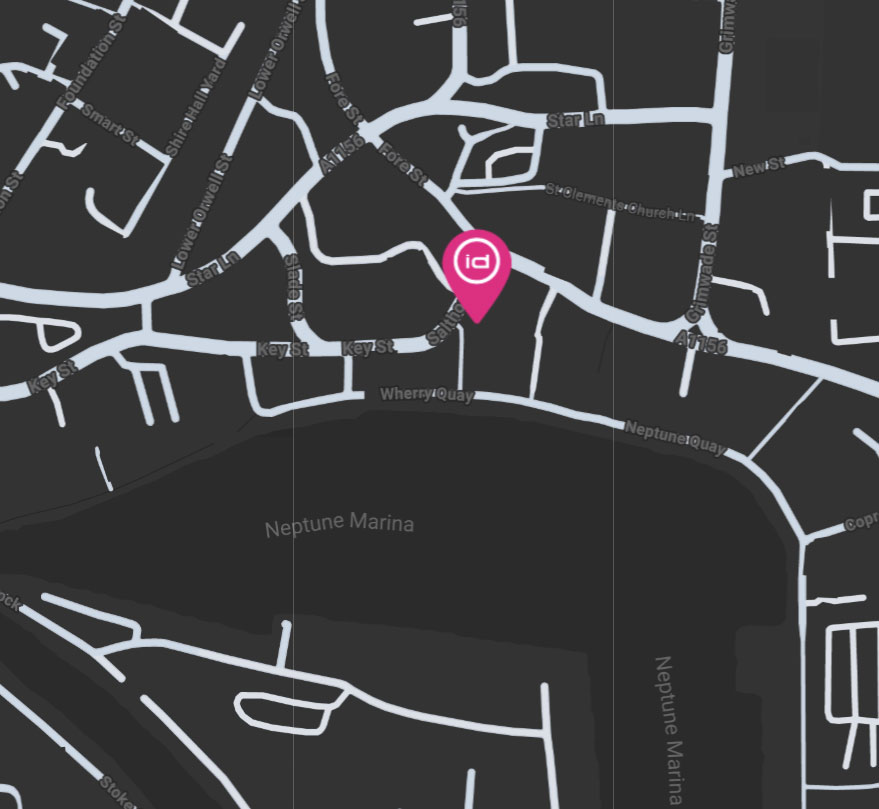For many people, Facebook is the first stop in any web-surfing session. It has developed into a highly engaging combination of online bulletin board, personal scrapbook and group communication network. But did you ever wonder why, being all those things, Facebook is free?
Facebook really isn’t free. The social network offers its service in exchange for the right to capture and collect demographic and preference data from its users. That data can be extremely valuable to marketers and advertisers because it’s highly detailed and personal.
The sheer amount of high quality user data on Facebook is causing everyone – from marketers to hackers – to salivate. They all want a piece of you.
What’s more, people who are interested in your data are getting better access to it, thanks to Facebook’s Open Graph application programming interface (API). This simplifies the development of third party apps that interoperate with Facebook and social plus ins, which splash the social networks 'Like’ button all over the internet.
Soon, everything you do on the web may integrate with the 'social graph’ Facebook has created.
Facebook is integrating user experiences on external sites with its News Feed, transforming what used to be a solitary browsing experience into a sprawling network of connectivity. A visitor to a participating news or music-sharing site could be served up content upon arrival, based on previously stated preferences on Facebook or participating sites. The visitor could also see a list of Facebook friends who are already registered on the other site, and even any comments theey’ve posted there.
One part of that strategy is Facebook’s instant Personalisation Pilot Program, which the social network introduced this spring. It served as a wake-up call for many users who had been ignoring the concerns of privacy watchdogs. In response, Facebook updated its privacy settings in late May, to some praise – and confusion.
Facebook’s plans are big, ambitious and may very well change the way we use the internet. But the entire strategy is based on one aim: how to make more money from you. You might be surprised by how much your data is worth!
Facebook Privacy Changes
One simple control
Facebook has introduced a new privacy settings page to allow easier control over who sees the content you post. Using this setting, you can set the content you create on your facebook page to everyone, friends of your friends or just friends.
Keeping info private
The second privacy update is one that gives you better control over the basic information you share with the larger Facebook community. One big difference is that you’ll be able to block from seeing your Facebook page and your friends pages.
Third-party privacy
Facebook has also made it easier for you to close off access from third-party applications (such as games) and websites to your private information.
When preparing this newsletter the main source of information was PC ADVISOR, Expert advice your can trust issue 183 OCT 2010.




